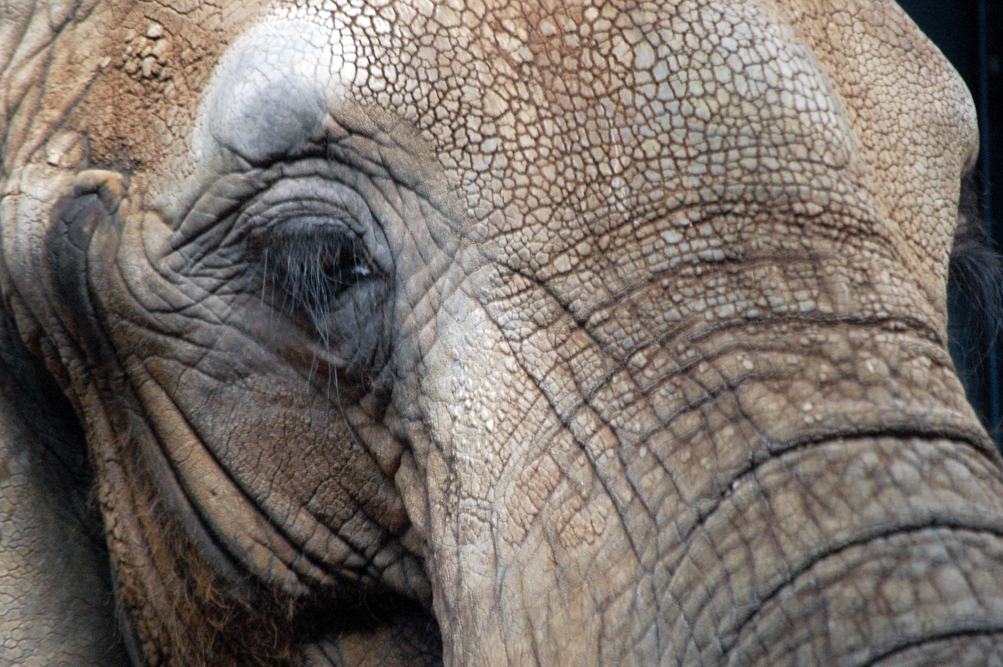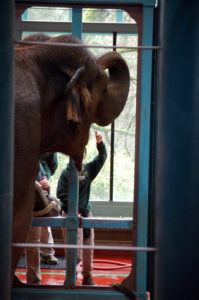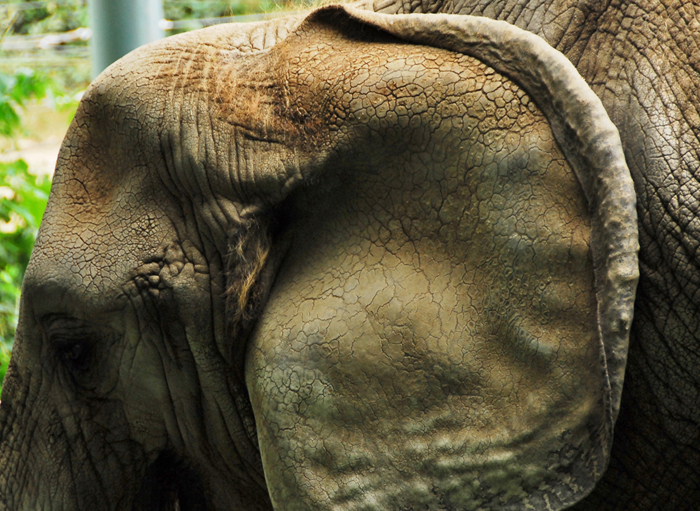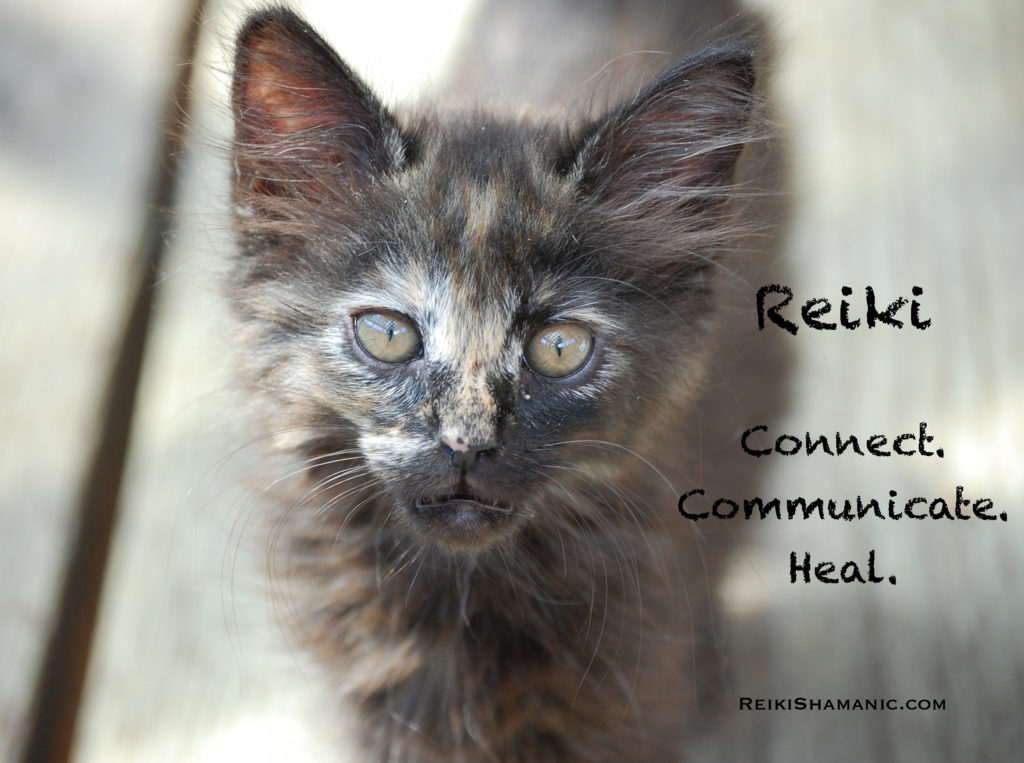Who is Listening to the Elephants?

When the Woodland Park Zoo in Seattle announced that they would be moving remaining elephants Chai and Bamboo to the Oklahoma City Zoo, the announcement was met with a lot of angry opposition from activists who wanted them to be retired to a sanctuary (see Activists hope to trample zoo plan to send elephants to Oklahoma). The Woodland Park Zoo responded to the criticisms with factual information that you can read in Elephant News: Setting the Record Straight.
After I read the Seattle Times article I received a push from African elephant Watoto to respond with a comment, so I posted the following:
“I believe that everyone wants what is best for Chai and Bamboo—the question is what that should look like. There is a very important element missing that can help resolve that question—the voice of the elephants themselves, who are sentient beings. The issue is not where we (the people) should decide to place the elephants, but where they would like to choose to live, and what they wish to do. According to Watoto (former matriarch of the Woodland Park Zoo herd) the ONE thing that the elephants want is to be listened to.
From Messages from Watoto the Elephant: ‘In 2013, in response to growing controversy, the Woodland Park Zoo formed the Elephant Task Force to investigate what should be done for the best benefit of the elephants. Invitees included elephant experts, animal activists, elephant sanctuaries, the public—in short, everyone BUT the elephants themselves.
‘I asked Watoto what her perspective was on all the aspects that they would study. I was expecting her to say something about enclosures, enrichment, food, etc., but instead Watoto said that what the elephants wanted most was for people and zoos to listen to elephants as equals. An extremely powerful message, and one that could revolutionize not only how zoos relate to the animals in their care, but how the entire world relates to all animals.'”
As I was posting the comment a few of my readers reached out to me to ask if I knew whether Chai and Bamboo preferred moving to another zoo or would rather live out their remaining years in a sanctuary.
It just so happened that I was scheduled to visit the Woodland Park Zoo for the final class in the Listening to Zoo Animal Ambassador series, and the students and I received guidance to pay a special visit to Chai and Bamboo for what would probably be the last time that I would be able to meet with them in Seattle.
 We spent quite a bit of time with the elephants. When we first arrived Bamboo was undergoing her daily health assessment. In return for treats she presented her feet and other areas so that keepers could check for any issues. This time she was also receiving training to prepare her for the long trip to her new home. The training is intended to minimize emotional stress and help ensure the physical safety of the elephants on the road.
We spent quite a bit of time with the elephants. When we first arrived Bamboo was undergoing her daily health assessment. In return for treats she presented her feet and other areas so that keepers could check for any issues. This time she was also receiving training to prepare her for the long trip to her new home. The training is intended to minimize emotional stress and help ensure the physical safety of the elephants on the road.
The entire time I was with Bamboo and Chai I could feel Watoto’s spirit hovering nearby. I only received messages from Watoto, which I found interesting.
Here is the gist of what Watoto shared with me. First, this is not about whether a zoo or sanctuary is the best choice. Watoto wants us to stay focused on the bigger question, “Who is listening to the elephants?”
Answer: With respect to the current situation involving Chai and Bamboo, apparently no one.
When I asked Watoto what she wanted me to do, she told me to keep repeating the message that the elephants want to be listened to as equals. They want input whenever we intend to make a decision that affects them.
When I struggled emotionally with what was right for the elephants, Watoto cautioned me not to waste my energy. She said that even if I asked Chai and Bamboo what their wishes were there was nothing that could be done with that information since no one in a position of authority was listening. In my grandmother’s words, “Don’t waste your breath.”
Watoto says that she does not want us to get sidetracked into taking sides in this debate on whether the zoo or the activists have the best answer for the elephants. The elephants feel that when we do we are only perpetuating the non-productive tradition of humans fighting amongst themselves while trying to control the destinies of the elephants and other animals.
Watoto suggested that if we (zoos, activists, conservationists, the public, etc.) truly want to help, we should allow our shared love for the elephants to bring us together as a group. Once we are united with a common purpose then we can ask the elephants to join us—essentially creating a human/elephant herd. When humans and elephants listen respectfully to each other then—and only then—will we be able to make decisions that work for everyone.
Radical. Powerful. Transformational.
So, who’s up for listening to the elephants?
>>>>>>>>
Interested in connecting with animals in an energetic and spiritual way?
Check our Calendar for upcoming teleclasses.
>>>>>>>>
SHARE THIS ARTICLE
You are welcome to share this article with others by email, on your blog or to your mailing list so long as you leave it intact and do not alter it in any way. All links must remain in the article. And, you must include the copyright notice and the bio.
©2015 Rose De Dan. All Rights Reserved. www.reikishamanic.com
>>>>>>>>>>
A WILD WAY TO HEAL
Rose De Dan, Wild Reiki and Shamanic Healing LLC, is an animal communicator, Reiki Master Teacher, shamanic energy healer, and author. Her classes, sessions and ceremonial work are inspired by wild and domestic animals who have issued a call to action for personal and global healing.
Her book Tails of a Healer: Animals, Reiki and Shamanism features heartwarming stories about animals and their role in her evolution as an energy worker and shamanic healer.
To receive notice of future articles and events, sign up for our newsletter.




